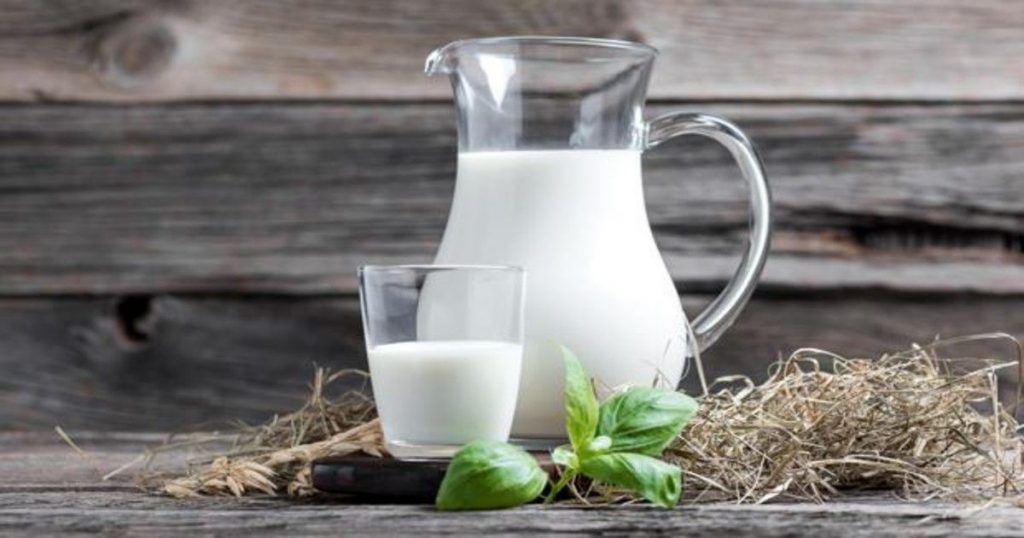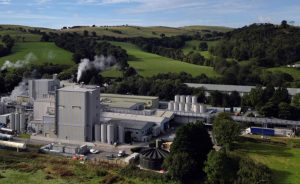This year, for the first time in the 20 years that Gallup has done the study, farming and agriculture topped the list with a 69% positive rating.
While this poll is designed to measure national sentiment, we in Wisconsin have always felt the importance and value of our state’s farmers. Agriculture contributes $104.8 billion annually to Wisconsin’s economy. About one in nine people working in our state hold a job related to agriculture. Even in dairy alone, Wisconsin dominates: nearly one quarter of the nation’s dairy farms are in Wisconsin. Additionally, our state’s vibrant agricultural industry is not only large; it’s diverse. We are fortunate to live in a state that produces a wide variety of products for consumers around the world, from cranberries to ginseng to cheese to meat and much more.
Wisconsin’s diverse, abundant agriculture industry helps support the rural communities where many farmers are located. It also supports our state’s robust food processing industry and the complex supply chain that delivers high-quality food products to people all over the world. Where there are farms, there are many ancillary businesses that help those farms run, such as implement dealerships, feed suppliers, veterinarians, milk haulers, insurance agencies, and more. And where there are farmers, there is ideally a community infrastructure of grocery stores, schools, health care providers, libraries, and other entities that those farmers and their families need.
All of these interconnected businesses and structures make it possible for Wisconsin to not only produce a variety of high-quality food, but to process and distribute it to consumers across the globe. During the initial onset of COVID-19 in Wisconsin, we saw just how critical that food supply chain is. Some of our state’s dairy farmers were asked to take the difficult step of decreasing production or disposing of their milk, in an effort to manage the sudden and significant shift in consumer demands.
Elsewhere in the chain, food processors had to rapidly adjust their packaging and processes. Retailers worked hard to help consumers understand why they might see an empty dairy case at the store, followed by a local news story about a farmer disposing of their milk.
Through it all, essential workers in the food supply chain have never stopped working to provide food for all of us. That includes grocery store employees, workers in our cheese plants, farmers and their families, and many others. Thanks to their continued dedication, many of us have enjoyed access to nutritious food products even as we navigate the logistical challenges of the global pandemic.
So next time you head to the grocery store, please consider the farmers who produced the food, the processors who made it into what it is today, and the retailers and distributors who worked hard to make sure it was available for you to purchase. Take a moment to join the growing number of Americans in recognizing the important role and positive impact farming and agriculture has on all of our lives.
Romanski is Secretary-designee for the Wisconsin Dept. of Agriculture, Trade and Consumer Protection













